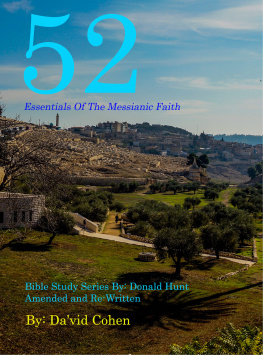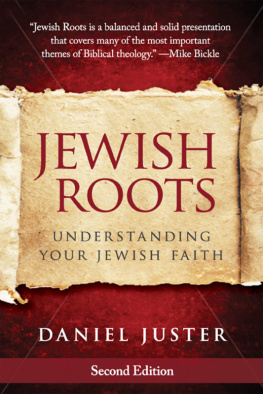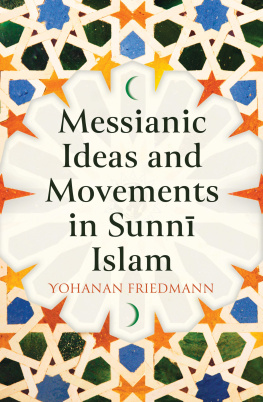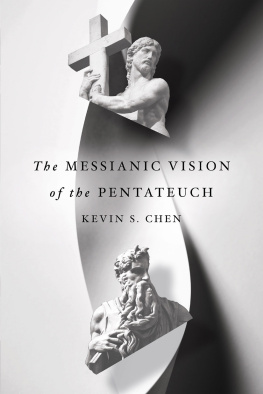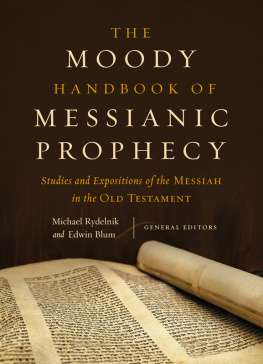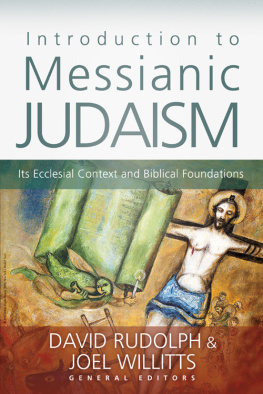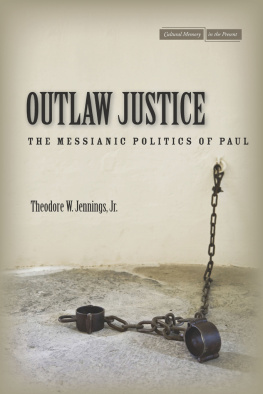The Messianic Now
This collection explores the phenomenon of the messianic in contemporary philosophy, religion and culture. From the later Derridas work on Marx and Benjamin to Agamben and Badious recent texts on St Paul, it is becoming possible to detect a marked messianic turn in contemporary continental thought. However, despite the plethora of work in the field there has not been any sustained attempt to think through the larger philosophical, theological and cultural implications of this phenomenon. What, then, characterises our contemporary messianic moment? Where does it come from? And why speak of the messianic now? In The Messianic Now: Philosophy, Religion, Culture, a group of internationally-known figures and rising stars within the fields of continental philosophy, religious studies and cultural studies come together to consider what the messianic might mean at the beginning of the 21st century.
This book was published as a special issue of the Journal of Cultural Research.
Arthur Bradley is Senior Lecturer in Literary and Cultural Studies at Lancaster University. He is the author of Negative Theology and Modern French Philosophy (2004); Derridas Of Grammatology: A Philosophical Guide (2008) and has co-edited (with Paul Fletcher) a collection of essays entitled The Politics to Come (2010). In 2010, he published (with Andrew Tate) a monograph entitled The New Atheist Novel: Fiction, Philosophy and Polemic after 9/11.
Paul Fletcher (19652008) was Lecturer in Religious Studies at Lancaster University. He is the author of Disciplining the Divine: Toward an (Im)political Theology (2009) and co-editor (with Arthur Bradley) of the edited collection The Politics to Come (2010).
First published 2011
by Routledge
2 Park Square, Milton Park, Abingdon, Oxon OX14 4RN
Simultaneously published in the USA and Canada
by Routledge
711 Third Avenue, New York, NY 10017
Routledge is an imprint of the Taylor & Francis Group, an informa business
2011 Taylor & Francis
This book is a reproduction of the Journal of Cultural Research, 13.34. The Publisher requests that those citing this book use the bibliographical details of the journal issue on which the book is based.
All rights reserved. No part of this book may be reprinted or reproduced or utilised in any form or by any electronic, mechanical, or other means, now known or hereafter invented, including photocopying and recording, or in any information storage or retrieval system, without permission in writing from the publishers.
Trademark notice: Product or corporate names may be trademarks or registered trademarks, and are used only for identification and explanation without intent to infringe.
British Library Cataloguing in Publication Data
A catalogue record for this book is available from the British Library
ISBN13: 978-0-415-61527-3
Disclaimer
The publisher would like to make readers aware that the chapters in this book are referred to as articles as they had been in the special issue. The publisher accepts responsibility for any inconsistencies that may have arisen in the course of preparing this volume for print.
Typeset in Helvetica
by Taylor & Francis Books
Contents
Arthur Bradley
Arthur Bradley and Paul Fletcher
Howard Caygill
Eric Jacobson
Bettina Bergo
Agata Bielik-Robson
William Large
Lars Iyer
Franson Manjali
Ian Almond
Jeffrey W. Robbins
Patrick OConnor
Soumyabrata Choudhury
Gerard Loughlin
_________________________________________________________
This special double issue of the Journal for Cultural Research emerges out of an international symposium, The Messianic Now: Politics, Religion and Culture, which was held at Lancaster University in July 2007.
I am very grateful to the Faculty of Arts and Social Sciences at Lancaster University and to the Journal for Cultural Research, without whose support the event could never have taken place, and to all the participants (many of whom are represented herein) for making it such an inspiring occasion. My gratitude also goes to Mick Dillon and Scott Wilson for commissioning this special issue and for their personal and intellectual friendship.
In July 2008, when this special issue was being prepared, my friend and co-editor Paul Fletcher died suddenly and very prematurely. He left behind his partner Debs and his baby daughter May. As everyone connected with this project can testify, Paul was a brilliant scholar, an inspirational teacher and a wonderful friend. This special issue is dedicated to Paul with love and admiration. We all miss him very much.
Arthur Bradley
_________________________________________________________
Arthur Bradley and Paul Fletcher
What is the messianic? Where does it come from? And why speak of the messianic now? It is, on the face of it, difficult to imagine anything less contemporary more untimely than talk of Messiahs, redeemers, chosen peoples, last judgements. On the one hand, it inevitably summons up the ghost of something deeply, even scandalously, retrogressive: a premodern, theological dogmatism, apocalypticism or fundamentalism. On the other, it is in itself an appeal to, or hope for, an unrealized future: a renunciation, judgement or salvation that is still to take place. For many readers of this special issue, whatever their theological or philosophical persuasion, the very idea of the messianic now will thus seem almost like a contradiction in terms: the advent of the Messiah is simultaneously too early and too late for liberal modernity. Yet, paradoxically, it might be precisely this radical sense of untimeliness of ever becoming timely or happening now that represents the messianics greatest value to our time, to now-time. If the messianic is almost unthinkable within the order of the present, it might be this violent, scandalous, absolute resistance to the values, belief systems and institutions of liberal modernity that enables it to better put that modernity to the test. In other words, the messianic now might actually be something that enables us to think, write and perhaps even judge our now otherwise.
It is, of course, possible to detect any number of signs of what recalling Kant we might call this messianic tone within recent thought (Kant 1983, 1993). As Dominique Janicaud (1991) first observed almost 20 years ago, modern European philosophy is in the midst of a tournant thologique and the messianic now might just be the latest flowering of that process. However, interest in the messianic is not just an afterthought within modern philosophy. On the contrary, we might even trace the evolution of modern thought through the figure of the messianic itself. From phenomenology to deconstruction, twentieth-century continental philosophy undergoes a series of defining encounters with the messianic tradition: the theological turn described by Janicaud has, in a paradoxical sense that requires more explanation, always already taken place. To start with, for instance, it is worth recalling that Martin Heidegger began to articulate his own project of fundamental ontology through a phenomenology of Pauls Letters:



